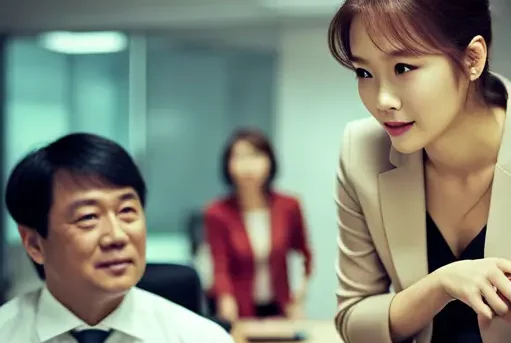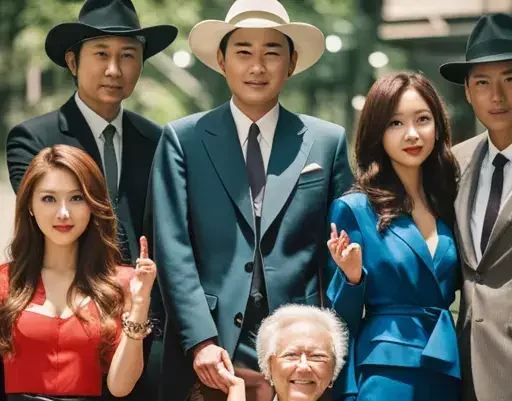If you regularly watch k-dramas, you’ve probably noticed that the characters frequently use the word “imnida” at the end sentences. Ever wondered why and what it means? Well, wonder no more! Here’s everything you need to know about the word “imnida”.
Firstly, “imnida” (입니다) is a form of the Korean verb “이다” (ida), which means “to be”. However, it’s used in a very specific way in Korean culture to show respect and deference to someone of higher status. It’s a polite and formal way of saying “to be” that’s used when speaking to elders, superiors, or anyone else who you want to show respect to.
For example, let’s say you’re talking to your boss, you would say “바쁘습니다” (bappeusseumnida), which literally means “I am busy” but in a way that sounds very polite. It shows respect to your boss and acknowledges their higher status.
Not used to acknowledging your bosses higher status when you talk? Well, this is where Korean culture is very different from Europe and North America.
In Korean culture, showing respect to elders and superiors is extremely important. The use of formal language and honorifics is deeply ingrained in Korean society and is seen as a sign of good manners and proper etiquette. By using “imnida” in K-dramas, the characters are emphasizing the importance of respecting authority and showing deference to those who are older or in positions of power.
So, why do K-dramas use “imnida” so frequently? Well, it’s simply a reflection of the way Korean people speak in everyday life. In Korean, formal language is used in a wide variety of situations, from business meetings to casual conversations with friends. By using “imnida” in K-dramas, the writers and actors are accurately portraying the way that Korean people speak to each other in real life.
Even if you don’t want to take the time to learn Korean (it’s supposedly one of the most difficult languages to learn in the world, recognizing and understanding the significance of “imnida” will give you a deeper appreciation for the way that K-dramas portray Korean society and social interactions. It’s just one small example of the many cultural nuances that make Korean dramas so fascinating and unique.





